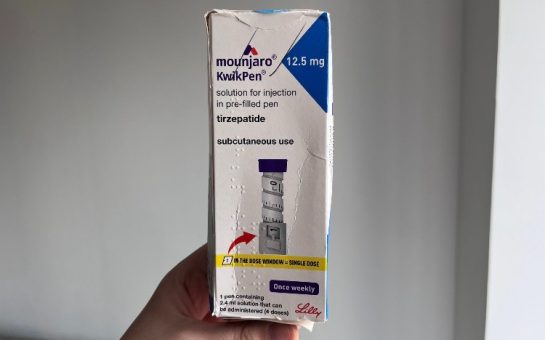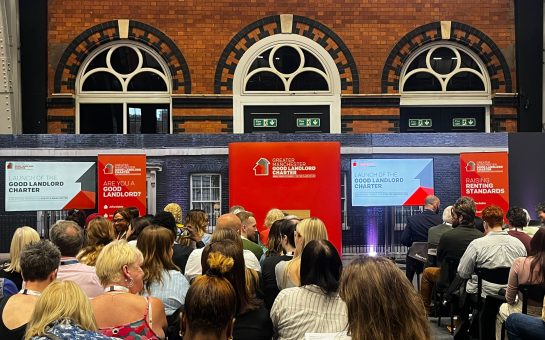People born in Manchester are more likely to spend more of their life with a life-limiting disability or health problem, according to new Government figures.
A report released by the Office for National Statistics today ranks Manchester near bottom of the disability-free life expectancy tables, meaning they are also likely to die sooner.
Disability-free life expectancy (DFLE) estimates predict the number of years an individual might expect to spend free of a life-limiting disability or health problem in his or her lifetime.
Analyses of DFLE have been carried out for people at birth, at 50 and at 65 using data from the new Clinical Commissioning Groups (CCGs) established by the Health and Social Care Act 2013.
There are three clinical commissioning groups in Manchester – made up of doctors, nurses and other professionals – NHS Central Manchester, NHS North Manchester and NHS South Manchester.
By comparing data from different CCGs regional health inequalities can be calculated and Manchester fares particularly badly.
For example, males living in NHS North Manchester have a lower DFLE at birth (15.1 years difference) compared with males in NHS Guildford and Waverley.
With a shorter life expectancy, males living in NHS North Manchester from birth are expected to live 10.4 % more of their life with disability (equating to 6.4 more years) compared with males in NHS Guildford and Waverley.
NHS Central Manchester and NHS North Manchester are in the bottom 10 CCGs nationally. Males at birth living in England can expect to live 80.9% of their life free from disability – in NHS Manchester Central it is only 76.5% and in NHs Manchester North 75%.
Females at birth living in England are estimated to live 78.4% of their lives free from disability – in Manchester it is only 74.2% in NHS South, 73.2% in Central and North Manchester 69.7% – bottom of all the CCGs in England.
These figures show that if you are born in Manchester you are likely to spend far more of your life coping with life-limiting disability than if you were born anywhere else in the country.
The report also predicts DFLE for people at the age of 50 which is becoming an increasingly significant figure in that it is becoming a key challenge for the government to ensure that those older people who want to participate in the labour market are able to do so.
By the time people get to 50, on average people living in England can expect to live for more than half (61.2% for males, 56.5% for females) of their remaining life free from disability.
In Manchester this is not the always case.
The report states: “What might be of particular interest is that all three CCGs responsible for the area of Greater Manchester (NHS South Manchester, NHS North Manchester, and NHS Central Manchester) appear in the bottom ranked CCGs at age 50 for both males and females.
“This finding might be related to the less favourable health outcomes observed across Manchester on other indicators, such as high levels of cardiovascular disease.”
For females at age 50 in North Manchester only 42.5% can expect to live their lives free from disability, the second lowest percentage in the country – in Bradford City it is even lower at 37.8%.
The picture is similar at age 65 – across England the proportion of life spent free from disability is estimated to less than half for males and females living in England (47.3% and 42.2%, respectively).
In Manchester the figures are as low as 33.2% for males 30.5% for females living in North Manchester.
DFLE estimates were calculated by the ONS combining the data collected in the 2011 Census with death counts and mid-year population estimates for the three year period (2010-12).
Picture courtesy of Jeffrey Gunthart, with thanks.



